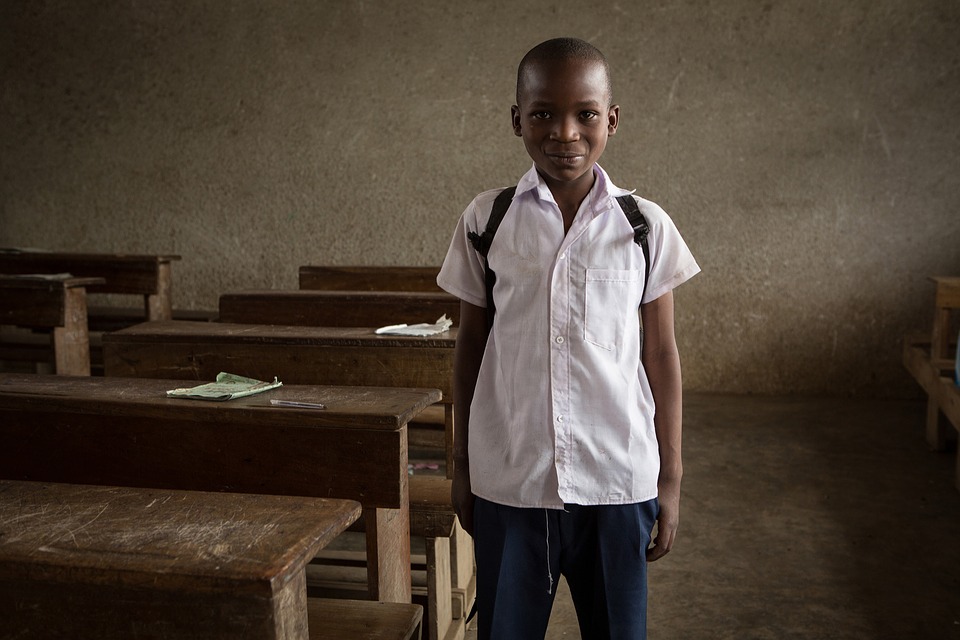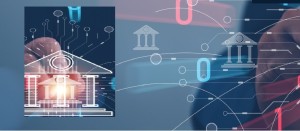The UN reports that in the last few centuries, there has been an unprecedented transformation in human education and learning: a change from only a minority of global elites being literate to the vast majority. Today’s younger generations are more literate than older generations — a trend that is consistent across all countries.
“An investment in knowledge always pays the best interest.” -Benjamin Franklin
In our modern computing age, it would seem easy to assume that students could rely solely on technology to learn and educate themselves.
So why do teachers matter?
This is actually a very complex question and one that has far-reaching effects on our communities. There are some people who believe as access to technology in education increases it will diminish the need for good teachers. This is totally untrue. I believe their role will be enhanced by technology and allow them to teach more effectively.
I think back on my school days and can clearly remember teachers that inspired me, and changed the course of my life by influencing a decision, helping me to shape my thoughts and encouraging me to persevere. Teachers matter in so many different ways.
The thing to remember is that we are all individuals, and one of the greatest mistakes made in education is assuming that a one size fits all approach will do the job of educating a classroom of students. This couldn’t be farther from the truth. Not only is every student unique, but every classroom is unique too.
Every teacher has a unique teaching style, and try to fit this style to the needs of their classrooms. There is no single solution, and whether a teacher favors spending quality one-on-one time with each student, or using a project-based learning approach and interactive activities, or a peer-to-peer learning method when enhanced with the technology they can all ignite a passion for learning.
Khan Academy uses a mastery-based learning approach that focuses on the student as an individual and moves them forward based on their progress and understanding rather than curriculum milestones and test schedules.
Coupling a mastery-based education system with a blockchain-based reward system
The use of technology allows real-time capturing of data and tracking of a student’s progress and frees the teachers up to do what they were meant to do – interact with their students instead of spending time grading papers or teaching the same subject matter over and over again.
The opportunity of coupling a mastery based education system with a blockchain-based reward system would create an incentive layer that could enhance the teacher-student interaction and improve outcomes.
The reward system for teachers can be developed to focus on the most relevant methods of teaching, as teacher effectiveness has been found to be the most important predictor of student learning.
There are 130 million children in school who are not learning basic skills like reading, writing, and math, due to having no teacher or having an untrained teacher.
Teachers that are currently untrained would be incentivized to upskill on “earn as you learn” programs, and additional teachers recruited through these incentives.
The UN estimates that about 70 million new teachers are needed to fulfill their goals for 2030. This shortage, coupled with the fact that in a third of countries, less than three-quarters of teachers are trained to national standards poses a huge challenge.
We know ”what gets rewarded gets done”. Blockchain provides an immutable, transparent method of fast-tracking this process and achieving the United Nations goals for 2030.
Rewind and fast-forward
UNESCO and UNICEF believe that new policies must focus specifically on the most marginalized children as part of larger efforts to improve access to and quality of education. To do this, governments need robust information on who these children are, where they live, whether they have ever attended school and if they are likely to do so in the future.
Many of these children remain invisible within current data collection methods. Children with disabilities are amongst the least visible – reliable data simply don’t exist – and they are being overlooked in national responses to out-of-school children.
The report calls for action to invest in better data and demonstrates that reaching the most marginalized may initially cost more but also yields greater benefits. Better statistics and innovative tools can help guide governments and donors to allocate their education funding more effectively and efficiently.
What roles are being offered and what is your most suitable role, if you want to participate?





